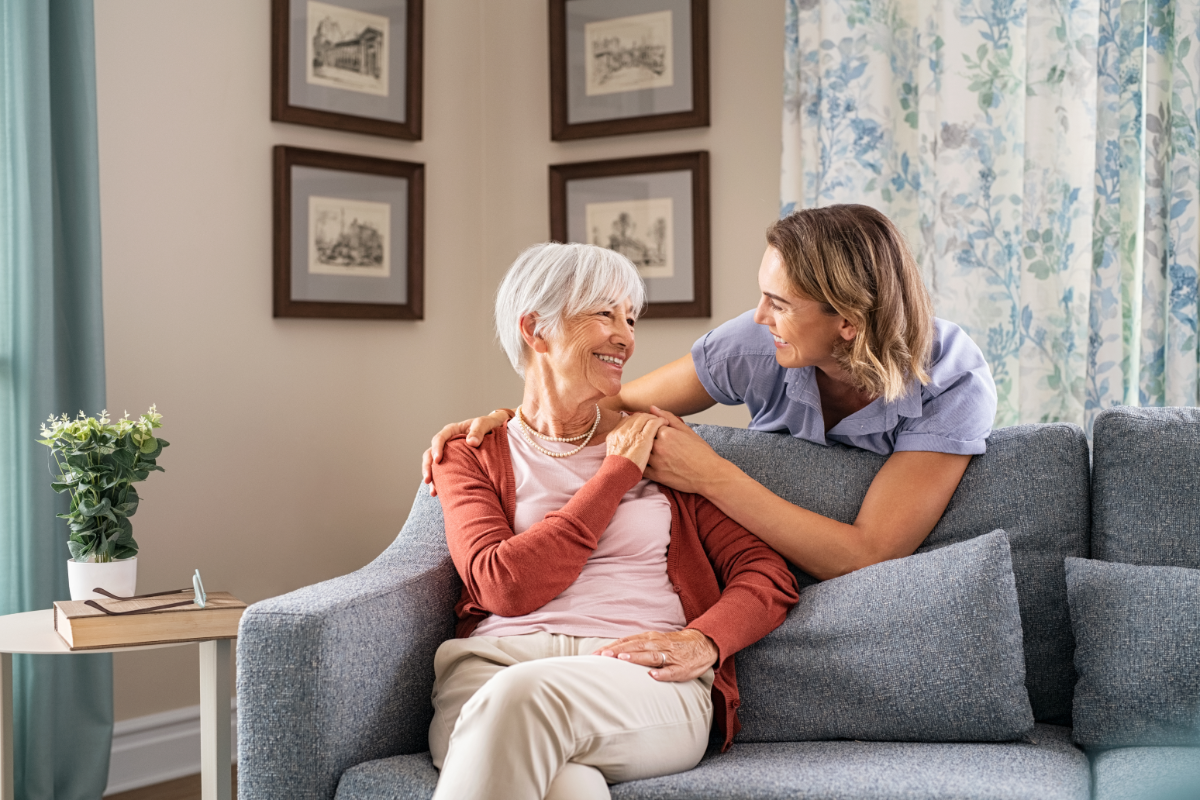Creating a home environment that caters to the needs of people with dementia can significantly affect their well-being. It's all about making the space comfortable, familiar, and safe, which can help reduce confusion and distress.
With thoughtful planning and the right tools, you can create an environment where your loved one feels safe, secure, and comfortable. Consulting with professionals specializing in dementia care in Gilbert, AZ, is also essential. These professionals can offer you guidance and support throughout this process.
Here are some things you can do to create a dementia-friendly home environment.
Unclutter and Simplify Spaces
One of the essential steps in creating a dementia-friendly home is to unclutter and simplify your living spaces. For a person with dementia, too many items can cause confusion and anxiety.
Here's how simplifying spaces can help:
Less Confusion: Reducing clutter makes it easier for a person with dementia to focus. This can reduce their confusion and make them feel more comfortable.
Prevent Trips and Falls: Uncluttering spaces also helps prevent falls, which are common in people with dementia. Make sure pathways are clear of objects.
Easier Navigation: Simplifying rooms can make it easier for a person with dementia to navigate their environment. For example, having a single chair in a room instead of multiple ones can help.
Removing clutter will also make it easier for individuals providing in-home dementia care in Gilbert, AZ, to move around your residence.
Enhance Lighting
Lighting significantly affects how well someone can see and navigate their surroundings, especially for people with dementia. You should keep the home well-lit to reduce the risk of accidents like tripping or bumping into furniture.
However, it's not just about having bright lights. The consistency in lighting is equally vital. Sudden changes in light can be disorienting, so it's essential to avoid creating shadows or glare that could confuse or frighten a person with dementia.
Instead, aim for a steady glow throughout the home. You can achieve this by using curtains or blinds to soften natural light, installing adjustable lights for different times of the day, and using nightlights in bedrooms and bathrooms for nighttime visibility.
Implement Clear Signage and Labels
Clear signage and labels can be critical in maintaining a dementia-friendly environment. These aids serve as reminders and guides, helping individuals with dementia better navigate their surroundings. Labels should be easy to read, with large, bold fonts, preferably in a color that stands out against the background.
Labeling key locations such as the bathroom, bedroom, and kitchen is beneficial. You can also label everyday items the person uses frequently, such as their toothbrush or favorite chair. Signs can also serve as reminders for routine tasks.
Remember to use simple, straightforward language on your signs and labels. Avoid abbreviations and use images where possible.
Looking For In-Home Dementia Care in Gilbert, AZ?
Are you struggling to care for a loved one with dementia? If so, seeking out professional help is a must. We can provide in-home dementia care in Gilbert, AZ.










